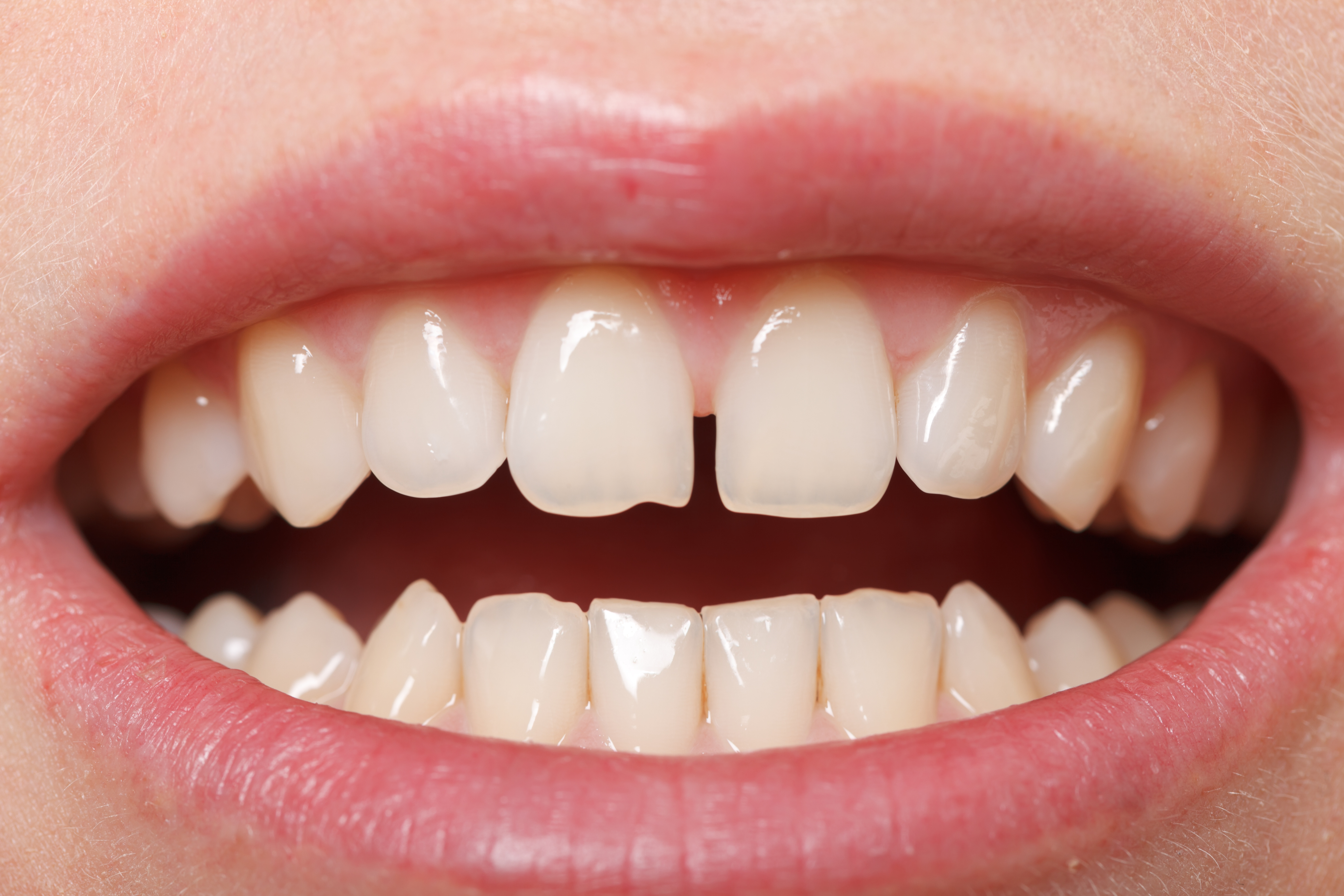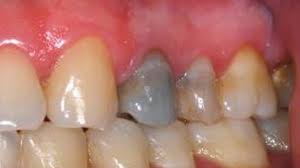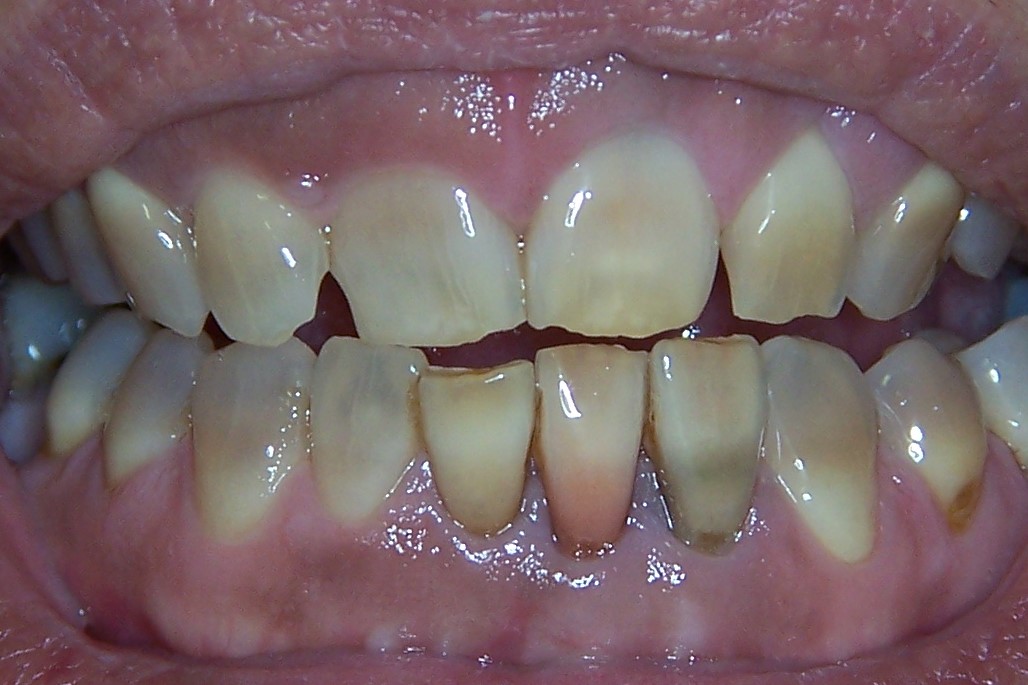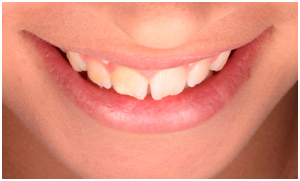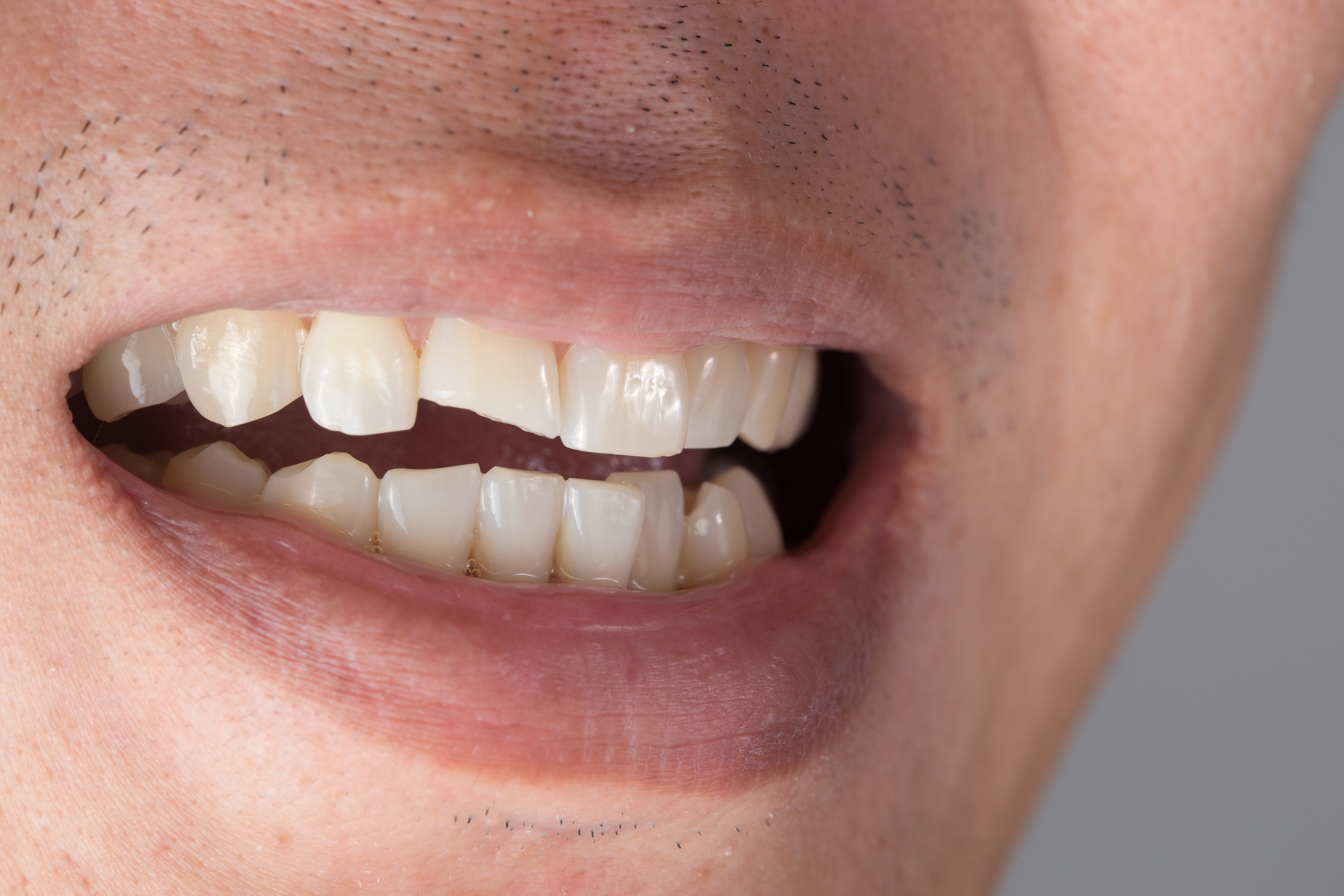VENEERS
Porcelain veneers are one of the adhesive reconstruction techniques that provide excellent dental aesthetics with minimal alteration to tooth tissue

CERAMIC VENEERS
Porcelain veneers are fine pieces of porcelain that are used to recreate the natural appearance of teeth, while providing strength and resistance comparable to natural tooth enamel. It is often the material of choice for those seeking to make slight changes in position, or to change the shape, size or colour of the tooth. This type of veneer consists of the fusion of very fine ceramic sheets that are handcrafted to give the shape and texture of enamel.
MAIN USES:
- a trauma that darkens the tooth over time.
- drugs such as tricyclines that cause different violet-brown colours in the form of bands.
- teeth that have undergone root canal treatmentwill always suffer a change of colour over time, as they have no blood flow,
- and other cases are congenital dentine or enamel defects cut tetracyclines
Porcelain veneers are faster restorative treatments than orthodontics and disguise slight asymmetries and poor positions, as well as offering the opportunity for a change in colour.
Porcelain veneers are faster restorative treatments than orthodontics and disguise slight asymmetries and poor positions, as well as offering the opportunity for a change in colour. Of course, cases treated with ceramic veneers must always be slightly incorrect positions. The only solution for extremely incorrect tooth positions is restoration treatment, either involving orthodontics or full crowns.
In cases where fractures on the edges of teeth are too large, compromising the use of composite materials for reconstruction, ceramic veneers offer a stronger restoration, as the use of a combination of composite and ceramic to restore a fractured tooth can reproduce the biomechanical behaviour of the intact tooth.
LAYERS OF AESTHETIC COMPOSITES (stratification)
The direct Composite veneer system achieves changes in tooth colour, size and shape in less time than any other dental system, which remain unchanged in the medium and long term.
This is achieved by fitting layers of composite resins that are modelled by hand over the teeth to give them the desired shape.
They have a very natural appearance thanks to new stratification and layer-based building techniques, similar to that of the natural tooth structure. They also include opacifiers to conceal darkening and enamels and they serve as a basis for creating completely personalised fillings and veneers for the dental sector.
- The great advantage over ceramic veneers is their lower cost and speed, because they can be fitted in a single visit.
- Inconvenient; they are more prone to staining by certain foods and patient habits such as alcohol and tobacco.
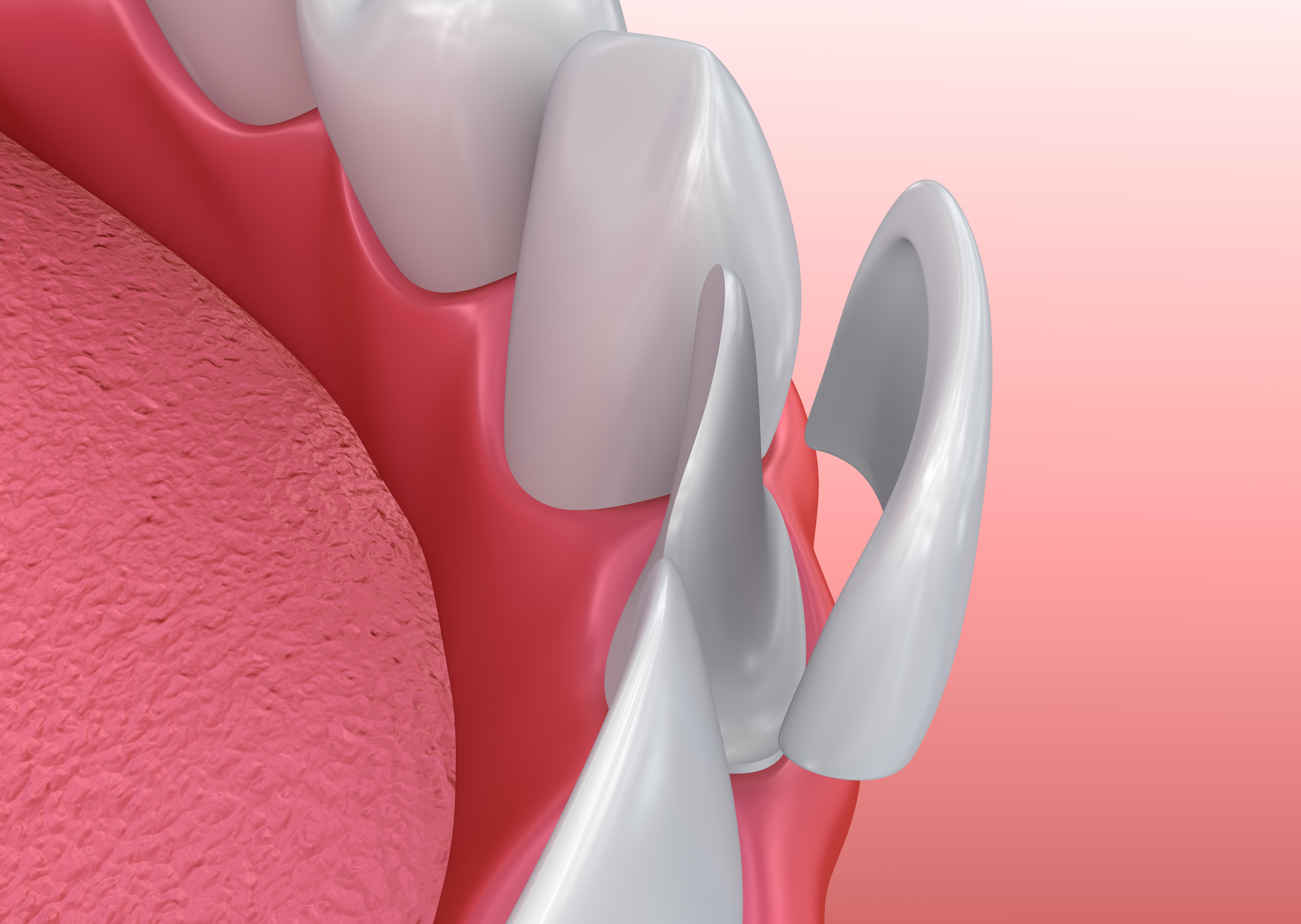
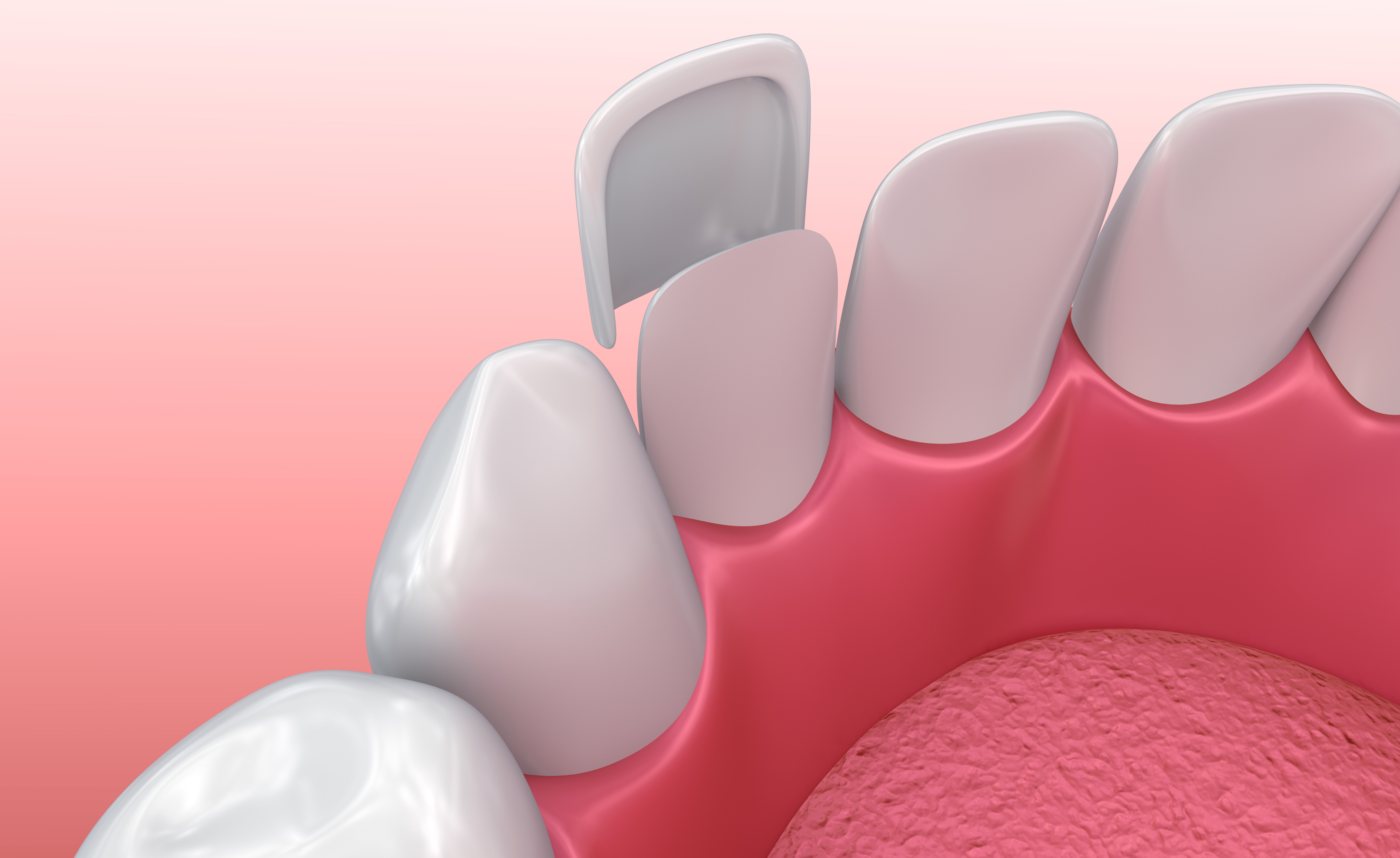
TRY US OUT
THE FIRST APPOINTMENT IS FREE. GET AN APPOINTMENT:952 58 36 83.
If you prefer, you can complete the form and we will contact you.

